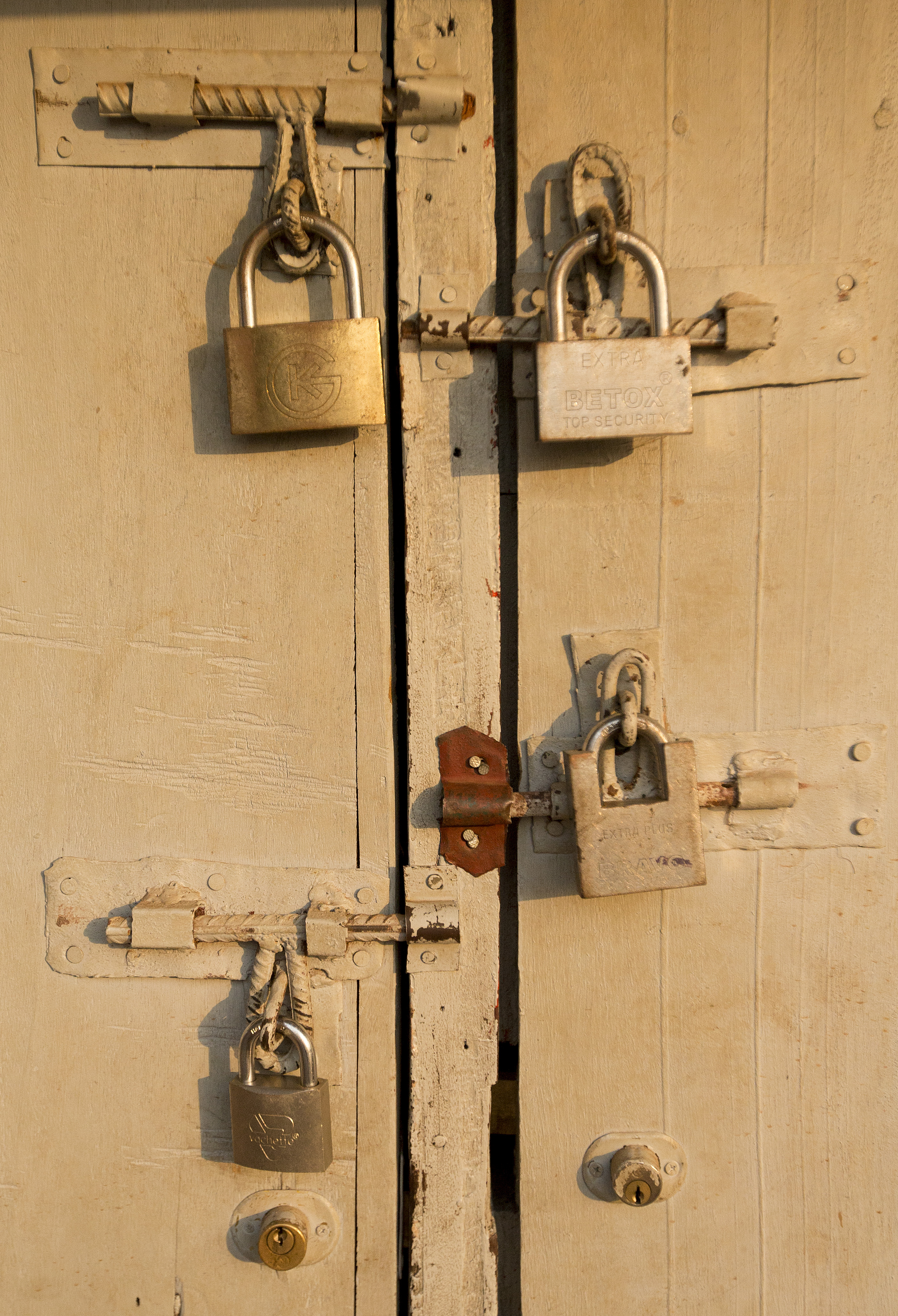A three-day lockdown in Sierra Leone begins Sept. 19 as the government tries to stem the Ebola outbreak and find new cases of infected people who may be living in villages.
Attempts to stop the spread of the virus have been ineffective up to this point and the death toll in West Africa is at least 2,630.
“The virus is traveling effortlessly within and across borders by plane, car, motorcycle, bicycle and foot, across mountain tops, valleys, forests, villages and cities,” said United Methodist Bishop John K. Yambasu, episcopal leader in Sierra Leone.
Yambasu has been a major voice of hope and education for the people in the beleaguered country since Ebola first appeared in May.
United Methodist Communicator Phileas Jusu has a pass from the government to travel during the three-day lockdown with teams of health workers who will be going from house to house identifying cases. He will provide updates to United Methodist Communications in Nashville, Tennessee.
ways you can help
Read full coverage of The United Methodist Church’s response to the Ebola outbreak and donate online to United Methodist Communication’s efforts to help the denomination distribute information about the disease at www.umc.org/ebola.
The United Methodist Committee on Relief has to date sent $400,000 in grants to Sierra Leone and Liberia. Donate online.
Since mid-August, Yambasu and Bishop John Innis, leader of the church in Liberia, have been in partnership with United Methodist Communications, sending daily SMS text messages about health information and spiritual care to the district superintendents and pastors in Sierra Leone and Liberia.
Future messages will address topics such as proper handling of the dead and safety guidelines for events such as worship, weddings and funerals, Yambasu said.
Lockdown hits public markets
Yambasu predicts the lockdown will be hard for people who sell products in the marketplace and those who provide public transportation.
“Prolonging the lockdown would be unbearable for the market women, taxi drivers and traders who eke out a living from trading,” he said.
About 21,000 police and soldiers will be deployed with health care workers to keep people off the streets and inside their homes.
A similar quarantine in Liberia fueled riots.
The World Health Organization says that about $1 billion is needed to tackle Ebola — but nations, organizations and donors have in total pledged just $838 million to fighting the crisis, and just $155 million of that sum has in fact been delivered, TIME reported on Wednesday.
State of shame, grief
Jusu said health care workers are being ostracized, shunned and rejected by family members out of fear they will bring Ebola into their homes. The government has started providing apartments to all health care workers evicted from their family homes, he said.

A market stall in Freetown, Sierra Leone, is padlocked during the early morning hours in this April 2014 file photograph. Photo by Mike DuBose, UMNS.
Yambasu said Sierra Leoneans now live “in a state of shame and embarrassment, loss, pain, grief, panic, suspicion and superstitions.”
In one community that has a high rate of infection — Port Loko — Yambasu said there is a rumor that a “witchcraft airplane that crashed in the town is causing many people to die.”
The economy is in disarray as the cost of essential items skyrocket while people are losing their jobs because businesses and institutions are closing.
Schools normally start in September, but exams have been deferred nationwide and schools forced to close.
“No one knows when schools and colleges will reopen,” Yambasu said. “This places our children’s education at risk.”
Churches are also suffering because religious activities like pilgrimages to holy lands, weddings, camps and pastor’s retreats are all suspended. Some churches have even cancelled regular Sunday services.
The United Methodist conference office has had to make changes.
“We have temporarily scaled down operations by sending on leave some of our staff including the most vulnerable workers who use ‘poda poda’ (public transport) to come to work each day in order to reduce the risk of contracting the disease,” he said.
Keeping doors open
“As more hospitals close within the country, we want our UMC health facilities to remain open and be there for the people,” Yambasu said.
Yambasu said the conference’s Ebola response team is developing a plan for next steps including:
- Establishing holding centers and effective ambulance services in the three United Methodist health facilities — UMC General Hospital Kissy, Freetown; Mercy hospital, Bo; and Rotifunk hospital.
- Developing a comprehensive psychosocial care program for Ebola patients in holding centers and isolation units and survivors and surviving families of Ebola victims.
- Putting in place a survillance team that will conduct periodic site visits to ensure that protective kits are actually being used by health workers.
- Developing an integrated Ebola/malaria response program that aims at adressing the escalating malaria situation in the country that has now been swallowed up by the Ebola epidemic.
- Continue with interfaith response programs and collaborating with other organizations such as the Religious Leaders Task Force on Ebola and faith-based relief groups, through resource sharing, networking and other advocacy programs.
“In Freetown, a young woman died of appendicitis because she was taken to two separate hospitals and no doctor was willing to touch her,” Yambasu said. “Her appendix eventually ruptured and she died. This means that it is no longer Ebola alone that is killing people. People are now dying of very common diseases that can easily be treated.”
Information for this story was provided by Sierra Leone Bishop John K. Yambasu and Phileas Jusu, Sierra Leone communicator. Gilbert is a multimedia news reporter for United Methodist News Service. Contact her at (615) 742-5470 or [email protected].
Like what you're reading? Support the ministry of UM News! Your support ensures the latest denominational news, dynamic stories and informative articles will continue to connect our global community. Make a tax-deductible donation at ResourceUMC.org/GiveUMCom.





